Sitting Month
Sitting Month
Once pregnancy has gone full term and the baby is born, it is good practice for the mother to go into a stage that is known as Sitting Month, also called the ‘Golden Month’, ‘Sitting Moon’, or even ‘Baby Moon’ – It is basically post-partum confinement. This stage takes place over the immediate 40 days after giving birth, and is essentially a period of rest and recuperation.
Sitting Month is a Period of Rest
Sitting Month is considered a necessary practice to replace the energies and vital substances that were used and lost during pregnancy and the strenuous act of going through labour.
Unfortunately, in modern society it is encouraged for the mother to be up and about, reintegrating into a generally busy schedule almost immediately after birth, with often just a few days focussed on recovery. There are many reasons for this, however arguably no reasons that are significant enough to override the importance of resting appropriately and sufficiently.
Classically during Sitting Month, the mother would adhere to certain aspects of health preservation and life nourishing methods, which would mainly include specific dietary and lifestyle suggestions.
These suggestions would directly focus on returning the Uterus and the rest of the body back to good health by supporting the vital substances. This would also help to encourage lactation and the production of breastmilk.
By following these guidelines, it was thought that any post-partum complications, such as postnatal depression, anxiety, fatigue etc. could be avoided. This would also lead to the new-born baby having a better foundation through the increased health of the mother (in Chinese medicine, when treating babies, it is often said to ‘treat the mother to treat the baby).


Sitting Month Dietary Guidance
In regards to dietary guidelines, the main focus is to eat warming foods that help to promote the Stomach and Spleens production of the acquired Qi, and to support the Kidneys and Uterus in returning to optimum health. It is important to eat easily digestible foods, such as soups and stews, in order to support the Spleen Qi.
Any raw foods or foods that are cold in both nature or physical temperature should be strictly avoided, as they can cause the abdomen to contract and contribute to further stagnation.
Broths are an excellent base to any soups or stews, especially if the bones are used, as this helps to strongly bolster the Blood and Jing.
Foods such as eggs, nuts, and seeds are useful to support the Kidney Jing, whereas bland grains such as quinoa will help to strengthen the Spleen’s production of Qi and Blood.
To build Blood, it is important that meat is consumed, though this should be minimal due to its obstructive and difficult to digest nature. Chicken is best eaten if the mother is Qi deficient, whereas Beef is best if the deficiency is rooted in Blood.
Other meats such as venison and lamb are very good for Blood and indeed for warming the mother, though they are very strong and should be kept to an absolute minimum.
Warming Foods and Spices
Warming spices and herbs such as cinnamon and nutmeg are excellent for warming the Uterus, whereas dried ginger is an excellent herb to both harmonise the middle and warm the Uterus – Fried Ginger is even better to help guide to the Uterus in addition to helping the Uterus return to its normal size.
It should be noted here, that if there was excessive bleeding during labour, it is best to avoid any warming or moving herbs for the first couple of weeks. Warming foods are acceptable, however due to the potent and medicinal nature of the aforementioned herbs, added care must be taken.
Lastly, in regards to general food therapy during Sitting Month, it is important to eat according to the current season.
Post-partum, when the body is in a weakened state due to the strenuous demand of delivering a child, there will be an increased sensitivity to the energetics of food.

